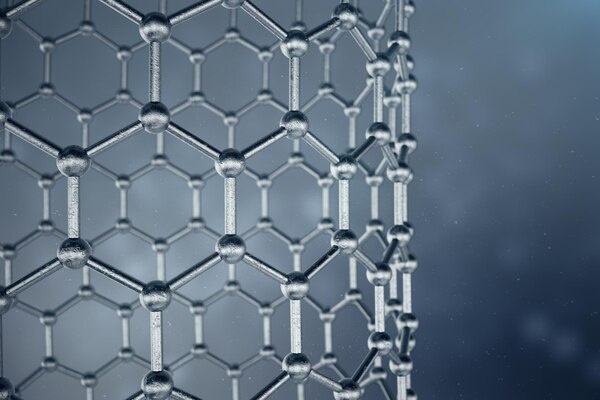Unlocking the Future: Advances in Nanotechnology
Nanotechnology, the science of manipulating matter on an atomic, molecular, and supramolecular scale, has rapidly evolved over the past few decades, offering unprecedented opportunities for innovation across various sectors. As we continue to unlock the future through advanced nanotechnology, the implications for medicine, electronics, energy, and materials science are profound.
In the realm of medicine, nanotechnology is revolutionizing how we diagnose and treat diseases. One of its most promising applications is in drug delivery systems. Nanocarriers can be engineered to deliver drugs directly to targeted cells, minimizing side effects and improving efficacy, particularly for treatments like chemotherapy. This precision medicine approach is paving the way for more personalized therapies. Additionally, nanotechnology is being harnessed in imaging and diagnostics, where nanoparticles enhance the sensitivity and accuracy of various scanning techniques, leading to earlier and more accurate diagnosis of conditions like cancer.
The electronics industry is experiencing a transformative impact from nanotechnology as well. As the demand for smaller, faster, and more powerful devices grows, nanotechnology provides the tools to meet these challenges. The development of nanoscale transistors, essential for the continued miniaturization of integrated circuits, could extend the boundaries of Moore's Law. Moreover, innovations like graphene and other two-dimensional materials hold the promise of creating ultra-thin, flexible, and conductive materials for future electronic devices.

Energy production and storage are also undergoing significant changes due to advances in nanotechnology. In solar energy, nanoparticles enhance the efficiency of photovoltaic cells, making renewable energy sources more competitive with traditional forms of energy. Furthermore, nanotechnology is playing a crucial role in the development of next-generation batteries. With improved energy density and charging speeds, these batteries have the potential to revolutionize the electric vehicle market and provide more efficient storage solutions for renewable energy systems.
Materials science is arguably one of the areas where nanotechnology has made the most visible impact so far. By engineering materials at the nanoscale, scientists can create substances with novel properties—such as increased strength, lighter weight, or enhanced chemical reactivity. Carbon nanotubes, for example, have extraordinary strength and conductivity, making them ideal for applications ranging from structural materials to electronics.
Despite its remarkable potential, nanotechnology also poses challenges that need to be addressed. Issues such as the environmental impact of nanoparticles, their toxicity, and the ethical concerns surrounding nanotech applications necessitate comprehensive research and regulation. Ensuring sustainable and responsible development in the field will be essential to harness the full benefits of nanotechnology for future generations.
As we forge ahead into a future shaped by nanotechnology, interdisciplinary collaboration will be key. By bringing together experts from physics, chemistry, biology, engineering, and beyond, we can continue to push the boundaries of what is possible at the nanoscale. This collaborative spirit promises not only to unlock the future of technology but also to redefine what it means to interact with the world at its most fundamental level.